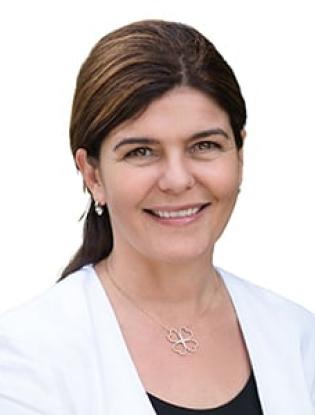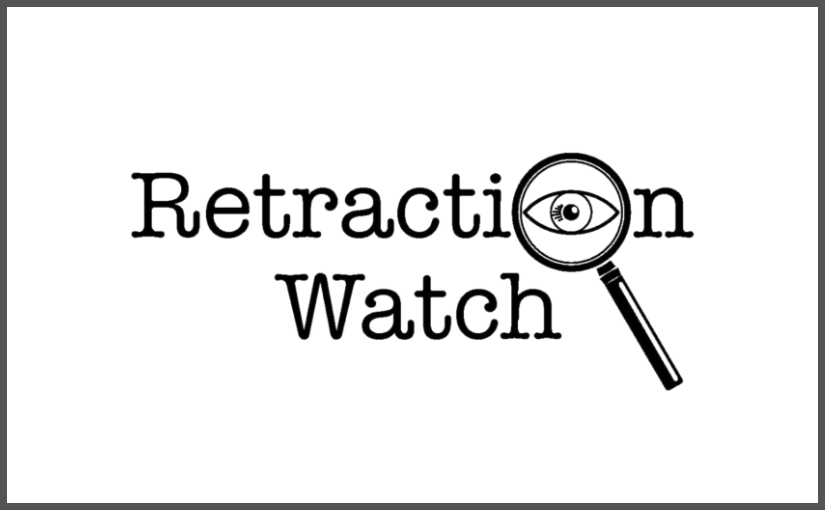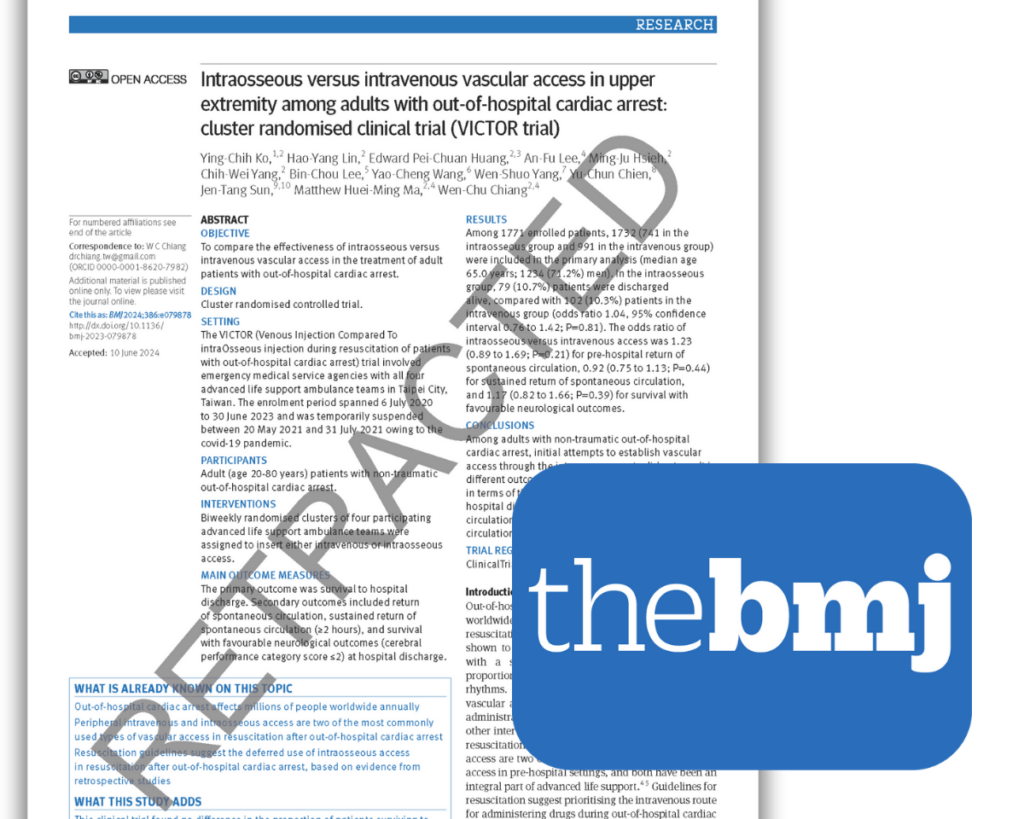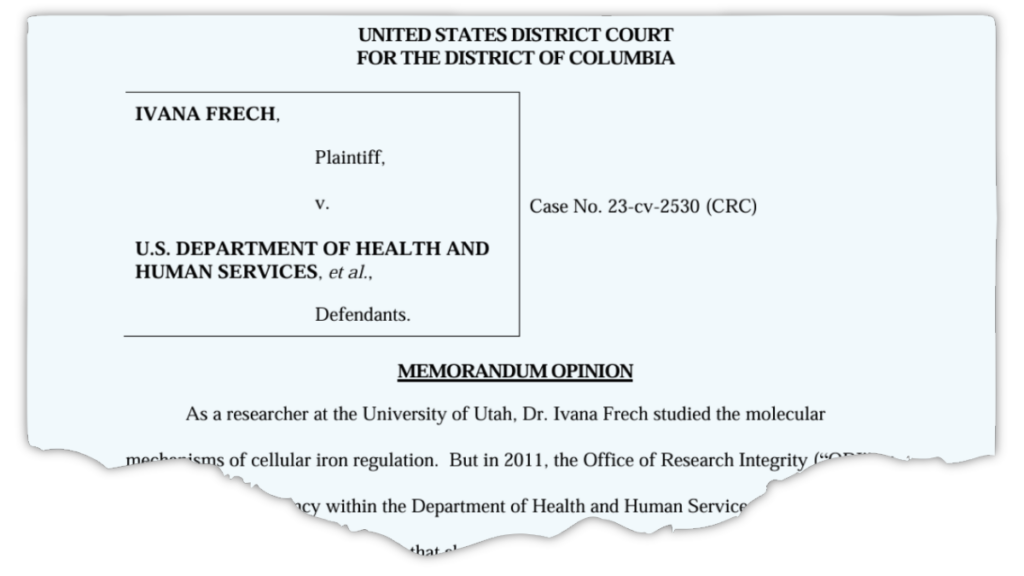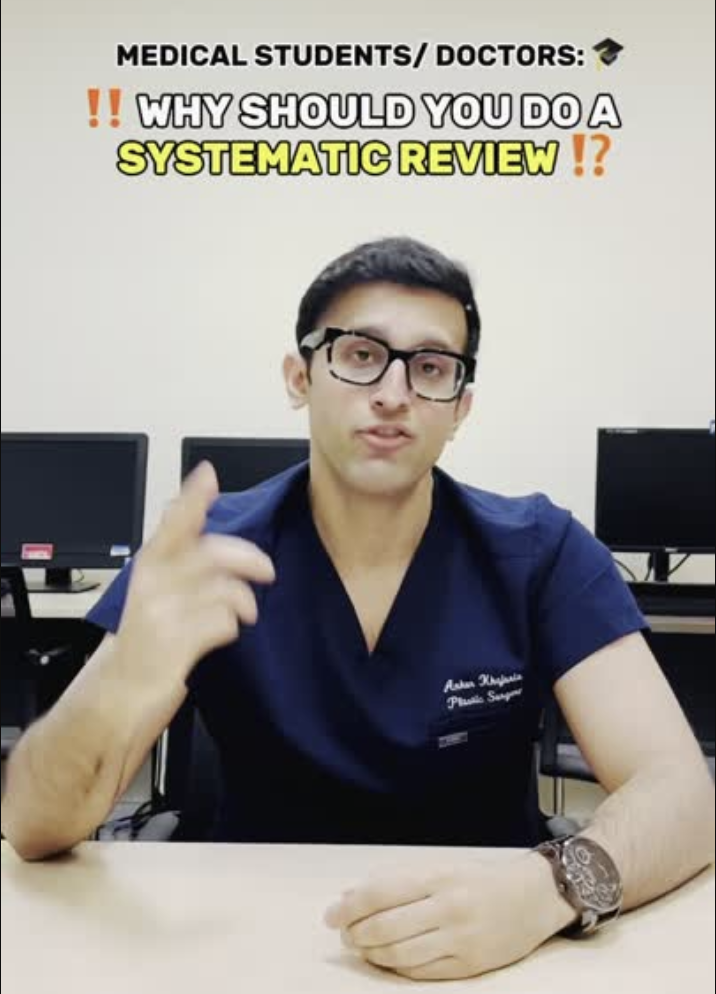
“Research will help you get ahead,” British surgeon Ankur Khajuria told his 16,000 followers in a 2024 Instagram post while seated in scrubs embroidered with his name. “If you want to learn about publishing, check out the research academy at HighYieldUK.com.”
The company, which offers medical students mentoring in publication, isn’t the only commercial venture for Khajuria, a plastic and reconstructive surgeon in his mid-thirties active in the media, including as a contestant on Squid Game: The Challenge. His entrepreneurship has extended into medical device manufacturing under the banner of Avance Innovations, which he founded and where he is CEO. For his professional efforts, Khajuria has been given a prestigious award and high praise from his colleagues, with one calling him “brilliant.”
But an investigation by Retraction Watch reveals a different view. Khajuria’s academy raises concerns about promises of publication for a price, and his prolific publication record has set off flags on PubPeer, where commenters have raised allegations of plagiarism. And Avance Innovation’s signature surgical device, while marketed for humans, has apparently been tested on only six rats and no people. Close examination by the Medical Evidence Project, an endeavor of The Center for Scientific Integrity (publisher of Retraction Watch), indicates the data in that rat study lack internal consistency, making them questionable.
Continue reading U.K. surgeon and inventor’s endeavors include unreproducible data and guaranteed publications for a price
